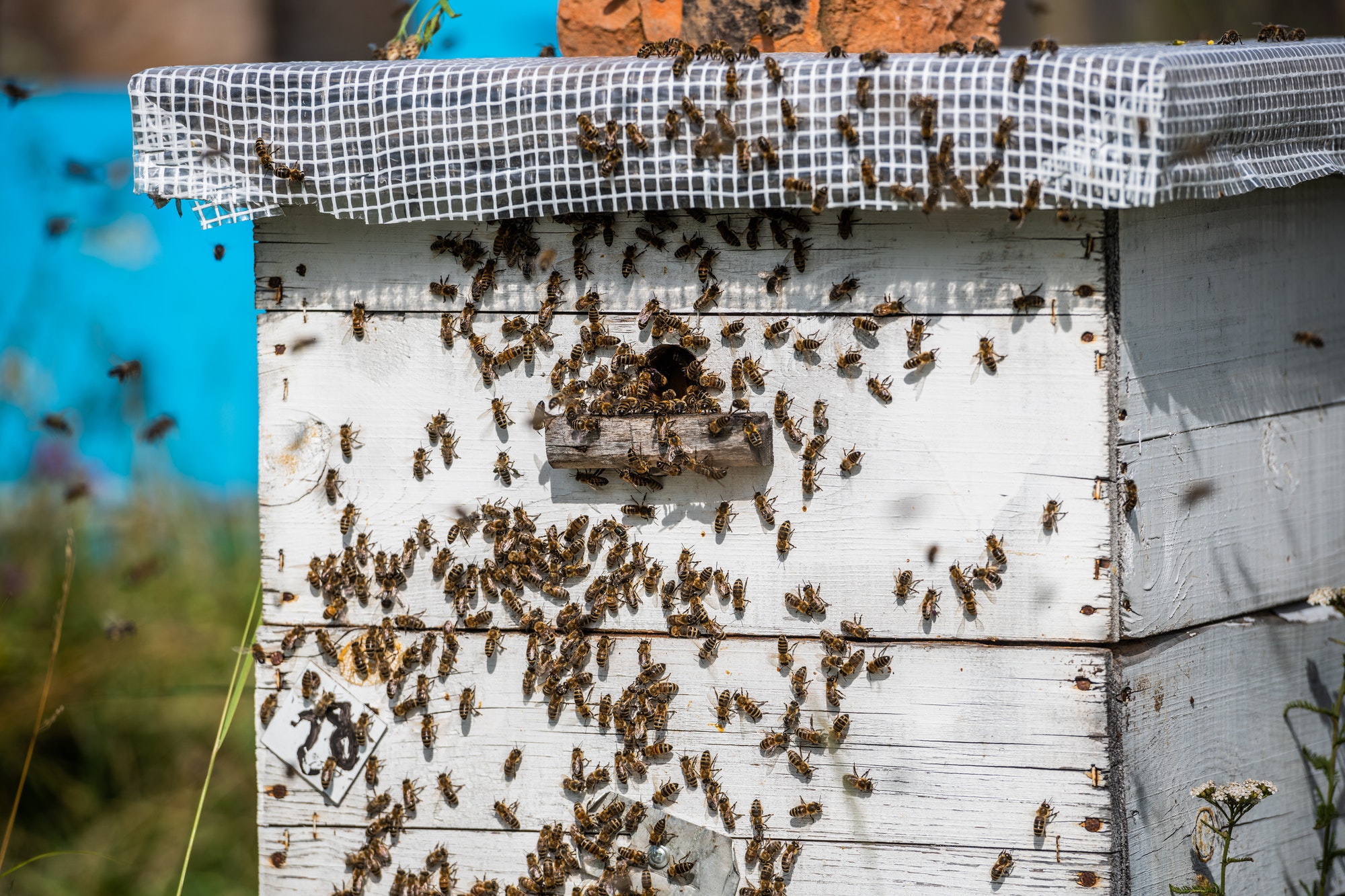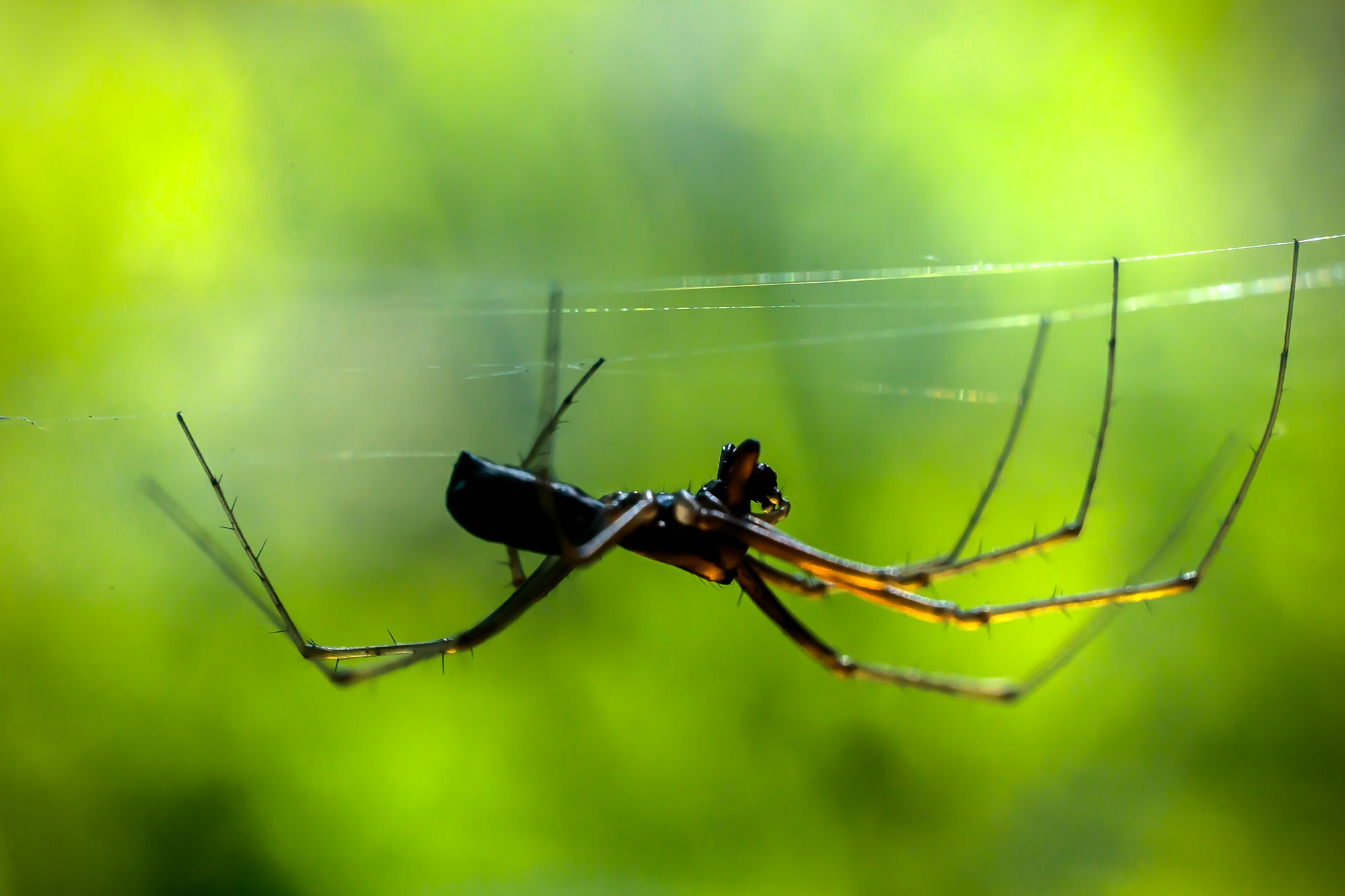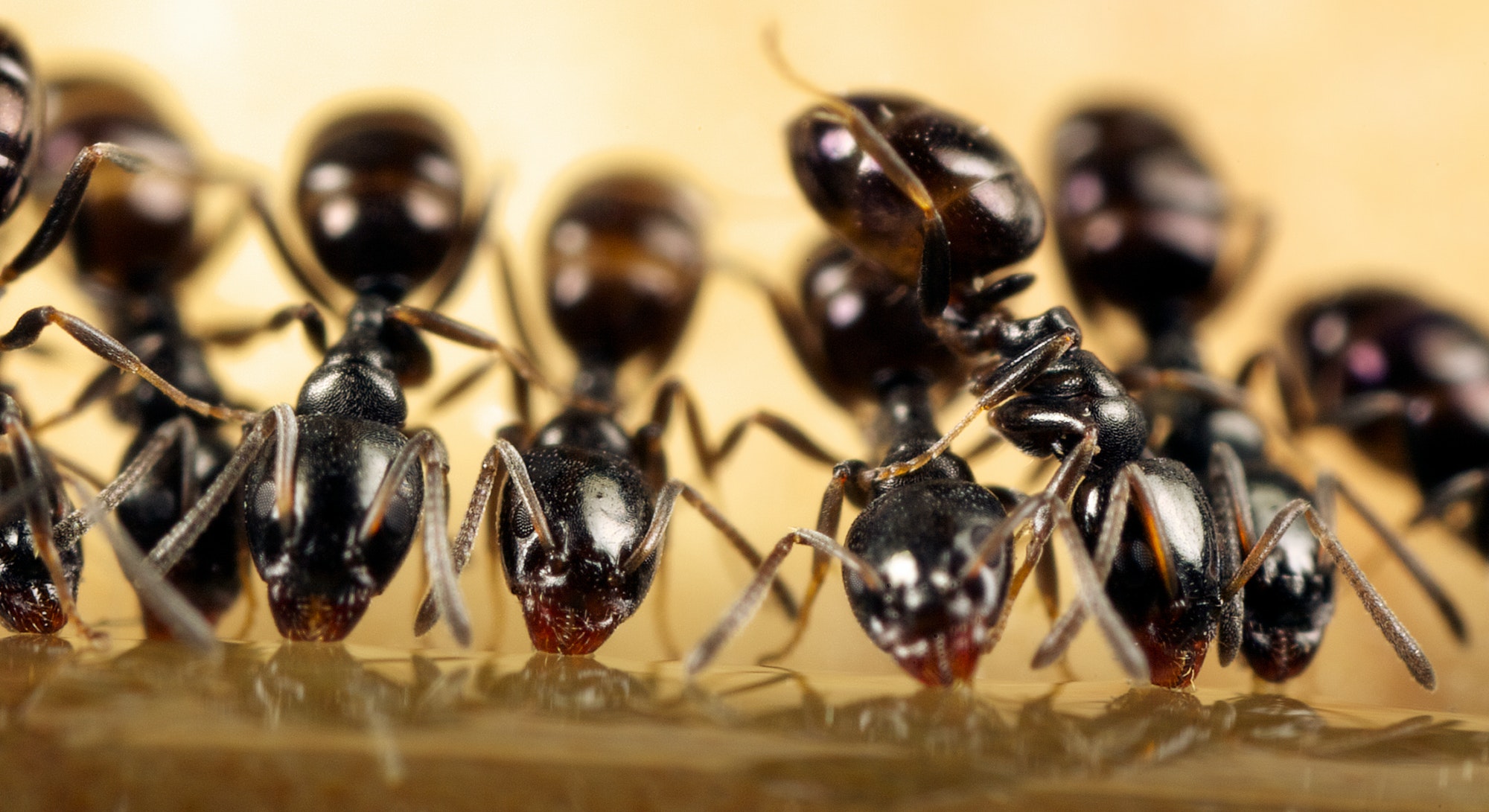Why Bees Are Important For The Ecosystem?
Bees are unquestionably the most important species of insects in the world. They are relied upon for aid in producing healthy and essential foods for several countries. The rudiments of dirt, sunshine, and water are necessary for the basic survival of plant life. However, plants rely upon the functions of bees for their spread and flourishment. Through their actions in pollination, assistance in plant growth, and the enabling of breeding and producing food, bees are undoubtedly important to the ecosystem.
It has been important from the earliest of times that as humans we preserve and reproduce plant species that are essential for a healthy and colorful diet. One way that plants can naturally reproduce and create offspring for the next generation is by producing seeds.
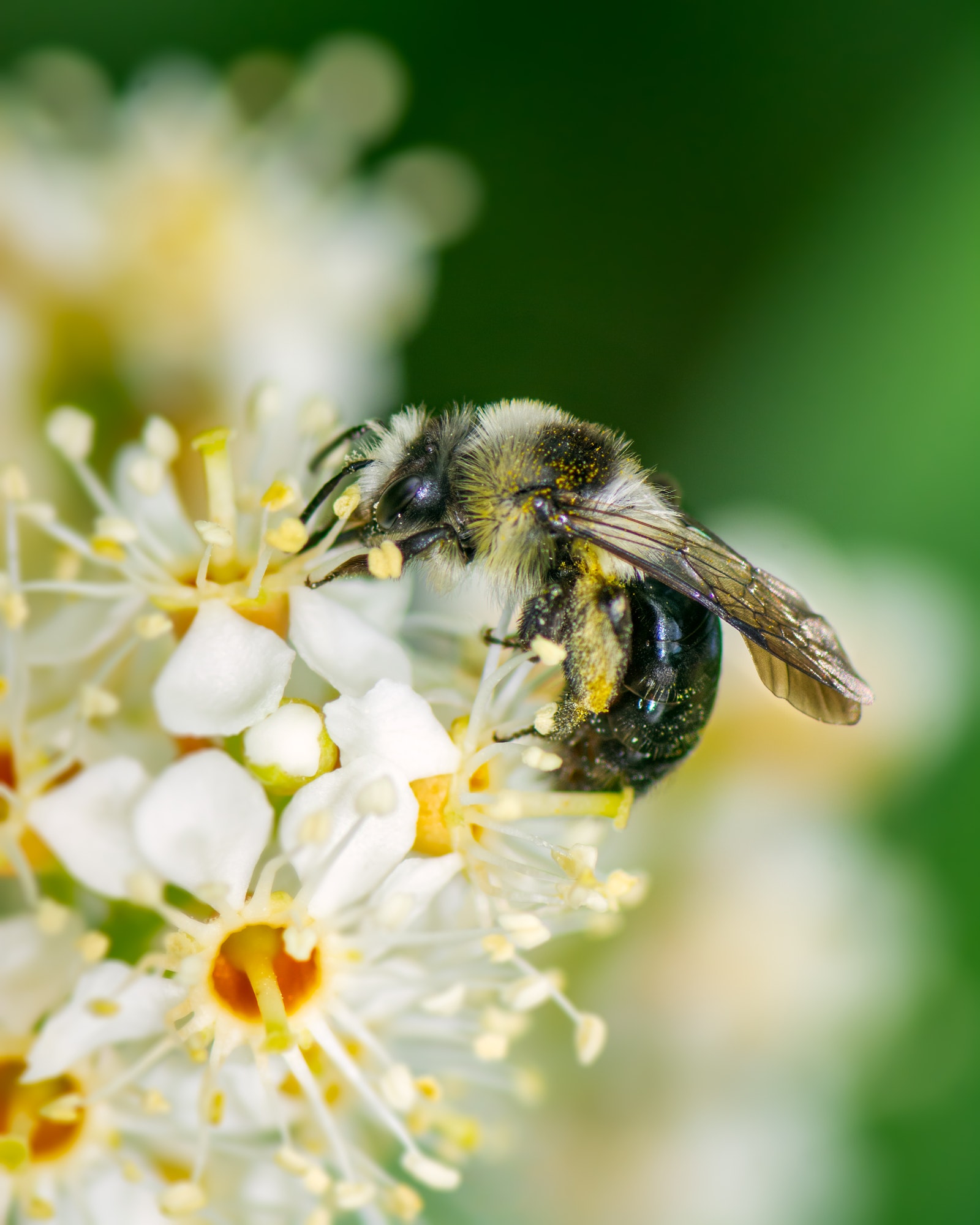
However, seeds can only be produced when pollen is transferred between two different flowers of the same species. This is where bees enter the story of almost every green and living organism.
Pollination is the unintended consequence of an insect’s activity upon the anther of a flower. As a bee walks across the male part of the flower, pollen grains become attached to the insect’s body. As the bee visits another flower of the same species to collect nectar, the pollen can detach and fall onto the female part of the flower.
The result of this action will most likely be the successful fertilization of the flower or the growth of fruit and seeds. Flourishing agriculture is reliant upon the transferral of pollination between different plants of the same species, and bees are vital to this process.
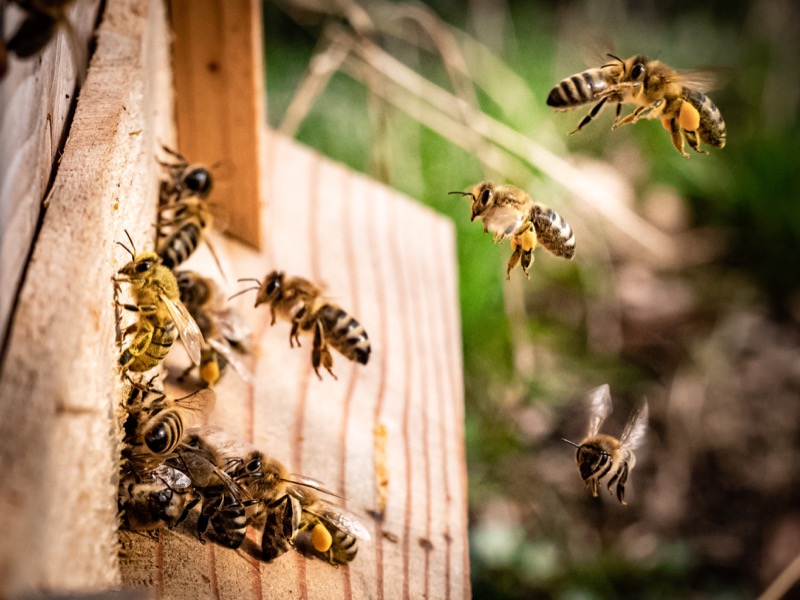
Bees are excellent pollinators who act with efficiency and quickness, making them more important than any other species of insects in the pollination cause. The reason that they are more efficient than any other insect is that they spend most of their life collecting pollen. Pollen provides an excellent source of protein to developing offspring, and it is for this reason that bees must spend several hours a day at work. Their work allows the fertilization of many plants, and in turn, creates an ever-growing abundance of crops.
The assistance of bees is vital to the growth and reproduction of several plant species throughout the world. Most crops that are grown specifically for their fruit require pollination by insects. In addition to green and healthy foods, many humans rely on livestock reproduction for their needs. Tracing this process back leads us to the realization that animals need a food source if they are to continue growing. Hay and alfalfa, which are planted to feed livestock, require pollination by insects. Without the constant process of pollination by bees, it would become difficult to find an easy and sufficient food source for livestock. In turn, humans would lose a primary food source.
Bees are important to both the environment and human satisfaction. Without their help, people would lose the ability to keep a healthy and colorful diet. Farmers would lose a primary source of food for their livestock. Reproduction among animals would decrease, sending rare species closer to extinction. The process of pollination is vital to the continued ease in the growth of animals and natural plant communities. Bees are critical to the diversity and conservation of every ecosystem on the planet.
